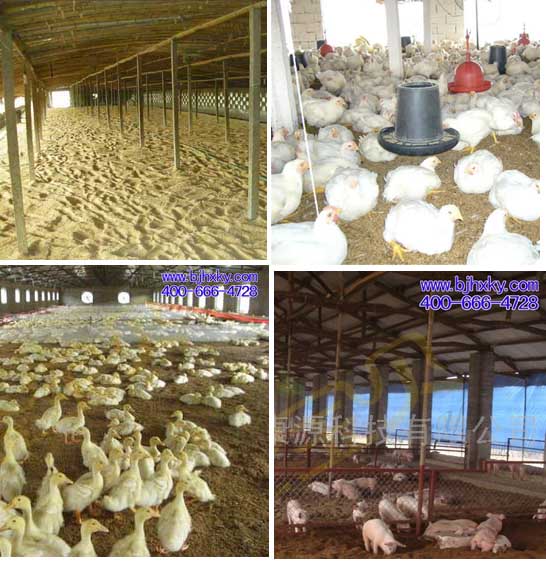The problem of environmental pollution in the aquaculture industry in China is still very serious. No matter whether it is a large-scale modernized farm or a relatively small-scale and relatively concentrated breeding area, it also faces such problems. In recent years, environmental protection has become a new problem in the aquaculture industry. Currently, the problem of polluting the environment in farms through technological improvement and ecological transformation methods is relatively small. Most of them adopt an immediate solution: demolition and restriction. The strong invasion of environmental protection has caused many farmers to lose their foothold. Since the implementation of the State "Regulation on Prevention and Control of Pollution from Livestock and Poultry Scale Production" in 2014, all provinces have responded positively and strengthened the prevention and control of livestock and poultry breeding pollution. Especially in areas such as Zhejiang, Fujian, and Guangdong, the bans and restricted areas have been clearly demarcated and related governance measures have been further improved. The problem of breeding pollution is not a problem at all for Golden Delicious. Using the golden baby dry fermenter (please click here for details) can solve this problem perfectly.

The main problem of aquaculture pollution is contamination of excreta and pollution of sewage. The pollution of excreta is mainly due to the fact that excreta can not be harmlessly treated, and it poses a threat of pollution to the surrounding environment and water bodies; the pollution of sewage is mainly due to the housing The flushing contained the threat of contamination of the surrounding environment with excreta. The bottom line is the treatment of excreta in culture. With the use of ginbee dry-leaf-fermentation bed culture technology, animal manure in culture is dropped onto the fermentation bed, and after animals or humans turn, excrement enters the litter, and after numerous beneficial microorganisms ferment, the manure is decomposed into water. Vapors, carbon dioxide, ammonia and other gases and bacterial proteins and other beneficial substances. In this way, there will be no problem of polluting the environment with excreta and sewage. And in the breeding process, the beneficial bacteria and protein in the fermentation bed enter the animal's body, which can improve the animal's immunity and reduce the occurrence of various diseases. The beneficial bacteria colony establishes the dominant intestinal flora and improves the feed. Use the conversion rate to reduce the cost of farming. And in the winter, because the fermentation bed can generate some heat, the surface of the litter will remain above 20°C, which ensures that the animals will not produce cold stress due to cold, and the temperature of the house will increase accordingly, which can reduce the heating facilities. Use reduces the cost of farming. It can be said that the fermentation bed culture is an efficient, environmentally friendly, natural, and scientific breeding model that not only solves the environmental pollution problems required by national laws and regulations, but also improves the breeding efficiency, reduces the breeding cost, and allows farmers to obtain more beneficial. For more information: Beijing Huaxia Kangyuan Technology Co., Ltd. Telephone Toll Free Hotline Recommended Reading:
Factors Affecting the Decomposition of Fecal Urine by Fertilizer Bed Fermentation Bed Why Analytical Fermentation Beds Can Produce Ecological Pigs
Black Tartary Buckwheat Tea
Black Tartary Buckwheat Tea,Black Buckwheat Tea,Black Tartary Buckwheat,Black Bitter Buckwheat Tea
Huantai Biotechnology Co., Ltd. , https://www.huantaifds.com
